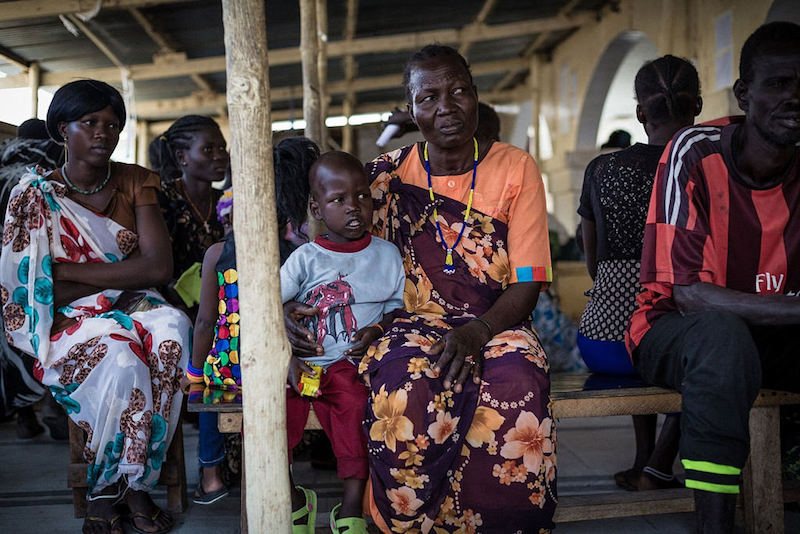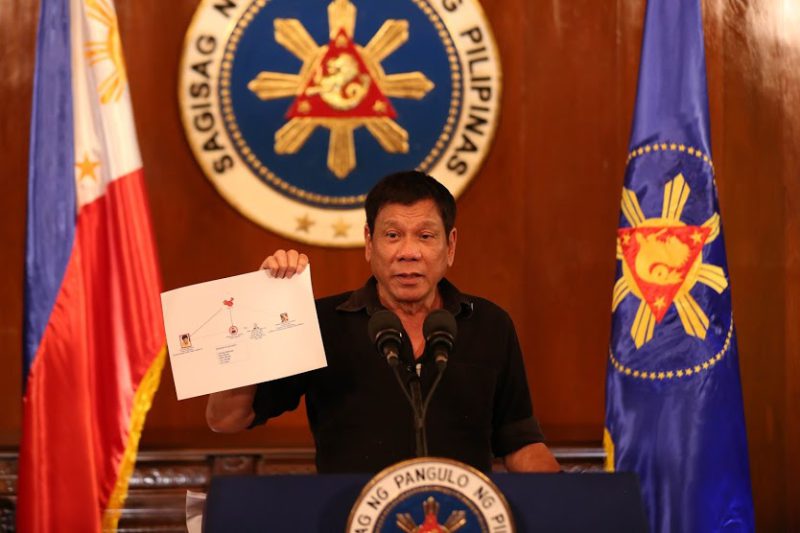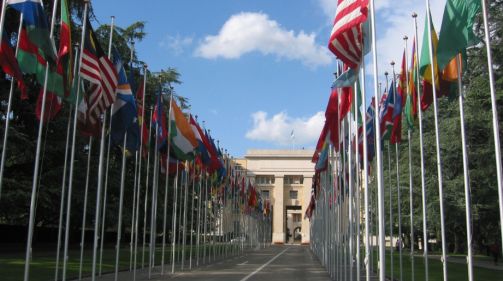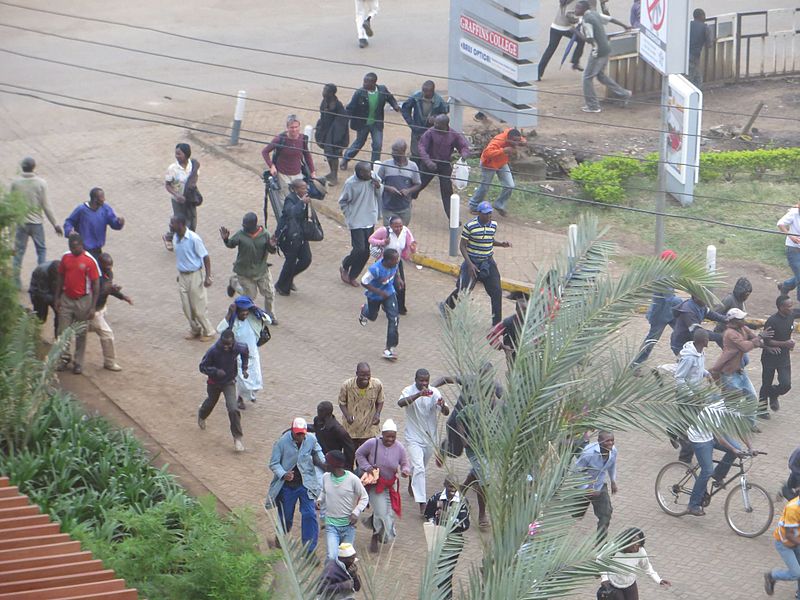In late February 2017, the United Nations (UN) officially declared a famine in South Sudan. This is the first famine to be declared in six years, with the last famine being declared in Somalia. The cause of the famine, however, is not due to a natural disaster or drought, but is instead man-made, by years of civil war. While more than 1.5 million people have fled South Sudan due to the war, those who remain are dealing with the famine outbreak, including more than a quarter million malnourished children. Rural farmers are left to search for wild plants after dealing with the loss of crops and animals, while the urban population is experiencing hyperinflation with prices rising 800% in the past year. The brutal civil war has now slashed nearly all hope that the oil-rich country would prosper after gaining independence from Sudan in 2013.
The situation requires urgent action. A formal famine declaration such as that of the UN means that people have already started dying from hunger. Approximately 4.9 million people in South Sudan are in serious need of food. By July 2017, it is estimated that about 5.5 million people, almost half of the total population, will not have a reliable source of food. Many families have been taking refuge in the swamps and islands by the Nile River. However, this refuge comes at a price as families are unable to farm their crops or earn money to buy food. Aid workers have been giving out fishing nets and rods to help families until more help arrives in the country, although these promises have not always been kept in the past.
South Sudan’s president Salva Kiir has promised “unimpeded access” for aid organizations entering the country. The UN has stressed how important foreign aid will be, stating that South Sudan will need USD $4.4 billion by the end of March 2017 to avert the famine. The European Commission has announced it will be sending an emergency package of €82 million. Britain’s Department for International Development (DFID) will also be giving £100 million to South Sudan this year. Help is also needed from countries such as the United States, especially considering that the U.S. has been the largest donor of humanitarian assistance to South Sudan since 2014, providing over USD $2.1 billion to the country.
While foreign aid is necessary at this point in the famine, it should not be considered a long-term solution. Considering that a primary cause of the famine was the ongoing violence in South Sudan, restoring peace and security in the country is crucial. Long term solutions will have to include measures such as diplomacy and strengthening the country’s institutions to promote peace and security.
South Sudan is not the only country at risk. Northern Nigeria, Somalia, and Yemen are all at risk of famine as well. These nations’ risks of facing famine can be traced back to the impact of drought and other weather-related events, food price fluctuations, and ongoing conflicts in the areas, and are representative of a larger food security problem that the globe is facing. While food is being wasted in some countries, 20 million people are on the brink of famine in others.
The UN Food and Agriculture Organization (FAO) has stated that a “business as usual” approach in the area of food production is not an option due to population growth predictions. However, the FAO asserts that it is possible to feed the planet in a sustainable way if significant changes in food production are made. The FAO’s recent report on the future of food and agriculture states that “holistic” approaches are necessary, such as agroecology and climate-smart agriculture, as well as technological improvements and drastic cuts in economy-wide and agricultural fossil fuel use. Organizations like the FAO and the World Food Programme will have to work together with governments to find suitable ways to combat world hunger and ensure food is produced in a sustainable way. In the meantime, humanitarian assistance should focus on providing immediate relief to the people of South Sudan.
Cover Photo: Patients waiting at hospital in South Sudan (2017), by Freya Carr via Flickr. Listed under Public Domain.
Disclaimer: Any views or opinions expressed in articles are solely those of the authors and do not necessarily represent the views of the NATO Association of Canada.




